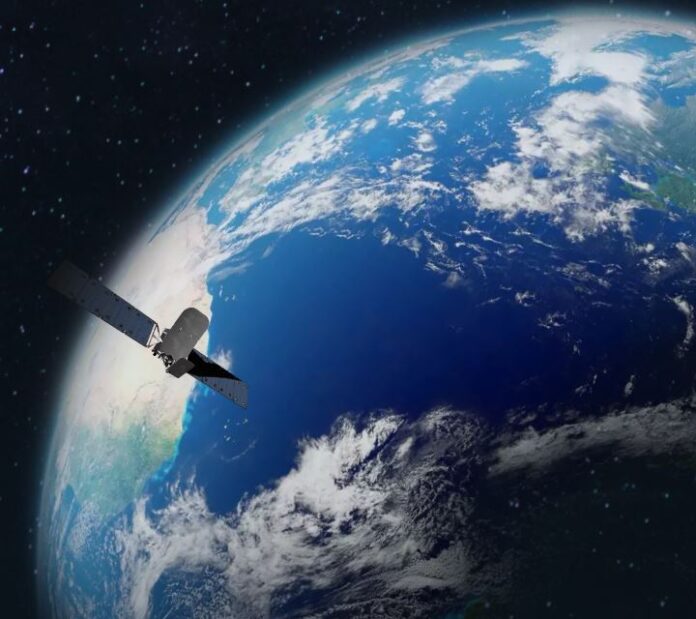Satellite maker Astranis to add Xona’s PNT algorithms in early design contract
California-based Astranis announced last week that it is partnering with Xona Space Systems to develop an initial phase of the Resilient Global Positioning System, or R-GPS, program. Astranis, which won an $8 million U.S. Space Force contract for the concept’s development, will integrate Xona Space-developed PNT algorithms on its Octane software-defined radio hardware.
In addition to Astranis, the Space Force’s Space Systems Command , as Location Business News reported in late September, awarded R-GPS design concept contracts to Axient, L3 Harris LHX -0.65%↓ and Sierra Space. Until recently, the Space Force did not disclose the value of the awards, only saying that the total program ultimately will cost about $2 billion over the next five years.
The service moved $40 million in fiscal year 2023 funding to support the program—with $77 million more requested for 2025.

R-GPS, part of the Space Force’s Lite Evolving Augmented Proliferation, will attempt to provide resilience to military and civil GPS communities by augmenting the regular GPS constellation with small satellites. These small sats, of which eight will be launched by 2020, will transmit a core of widely-used GPS signals, the Space Force said. In addition, the Space Force said the decision to pursue R-GPS came when recent studies recommended an additional “fleet of small GPS satellites.”
However, not everyone in Congress wants R-GPS funded. As Location Business News reported, the U.S. House Appropriations defense subcommittee says they aren’t sold on the Space Force’s plan to use R-GPS satellites to increase resiliency. Before they recommended not to fund the $77 million that the Space Force requested in DoD’s fiscal 2025 budget request, the committee said that 20 proposed small sats transmitting core GPS signals may not provide much signal resilience.
The Space Force is using a Quick Start authority from National Defense Authorization Act to award the contracts in less than six months, which is faster than traditional space programs that can take years.
For its part, Xona Space Systems is developing the Pulsar Low-Earth Orbit (LEO) satellite network to provide commercial navigation services.



























